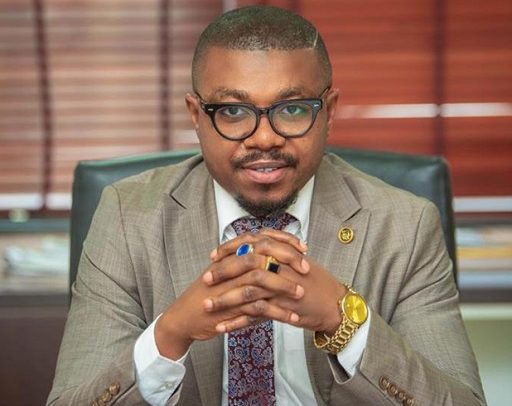Dr. Prince Hamid Armah
Deputy Minister-designate for Works and Housing and Member of Parliament for Kwesimintsim, Dr. Prince Hamid Armah, has advocated for the teaching and learning of local languages in Ghanaian schools.
Dr. Armah, an expert in education, said, “There has to be a deliberate and conscious effort in getting more individuals interested in studying the local language and training more teachers.”
He made the remarkswhen he took his turn before the Appointments Committee of Parliament on Monday,March 11, 2024.
According to him, research supports the benefits of early exposure to local languages, urging authorities to expand the scope of language education to encompass other indigenous dialects as well.
Dr. Armah’s impassioned plea for the revitalisation of local languages in education reflects a crucial step towards preserving Ghana’s rich linguistic heritage and fostering inclusive education for all citizens.
There are 7,000 documented languages currently spoken across the world, but half of them could be endangered, according to a new study. It is predicted that 1,500 known languages may no longer be spoken by the end of this century.
Researchers from The Australian National University (ANU) analysed thousands of languages to identify factors that put endangered ones at risk. The findings highlight a link between higher levels of schooling and language loss, as regionally dominant languages taught in class often overshadow indigenous tongues.
However, alarming warnings from the Ghana Institute of Languages underscored the urgency of the situation. According to Eric Osei Kwakye, the institute’s head of academics, the teaching of the Ga language in schools faces an imminent threat of fading out due to a severe shortage of Ga teachers. Osei Kwakye lamented the lack of efforts to revitalise local dialects in basic and secondary schools, warning that without concrete action, these languages could face extinction.
“It’s unfortunate because it’s like we only say it wherever we get the opportunity. But, I can say there’s no effort to improve any language. Even the dominant ones are gradually dying,” Kwakye told Accra-based Asaase Radio.
The global threat of language loss looms large, with a recent study from The Australian National University (ANU) indicating that half of the world’s documented languages could be endangered. Researchers highlighted the correlation between higher levels of schooling and language loss, emphasising the need for proactive measures to safeguard linguistic diversity.
A Daily Guide Report


